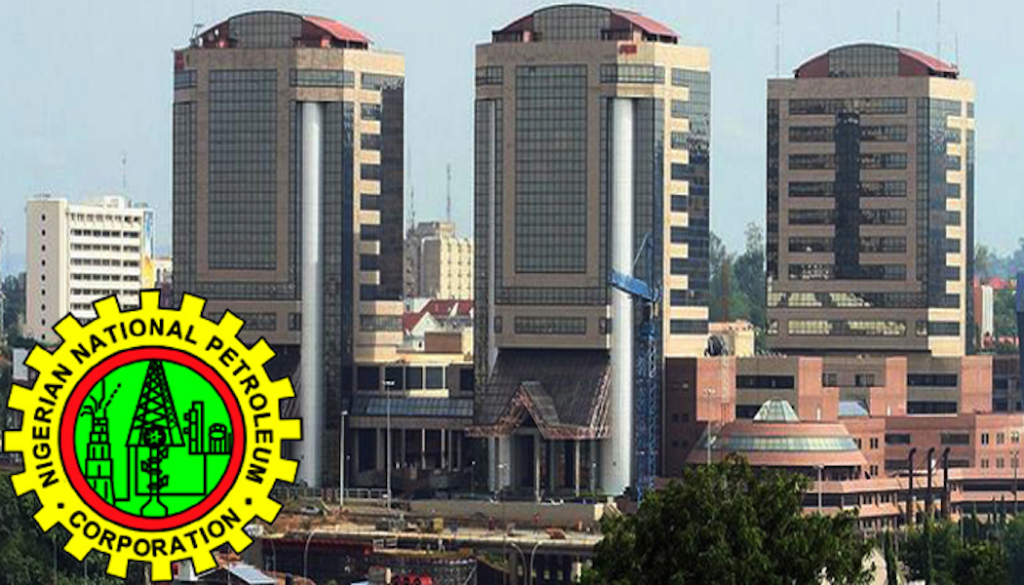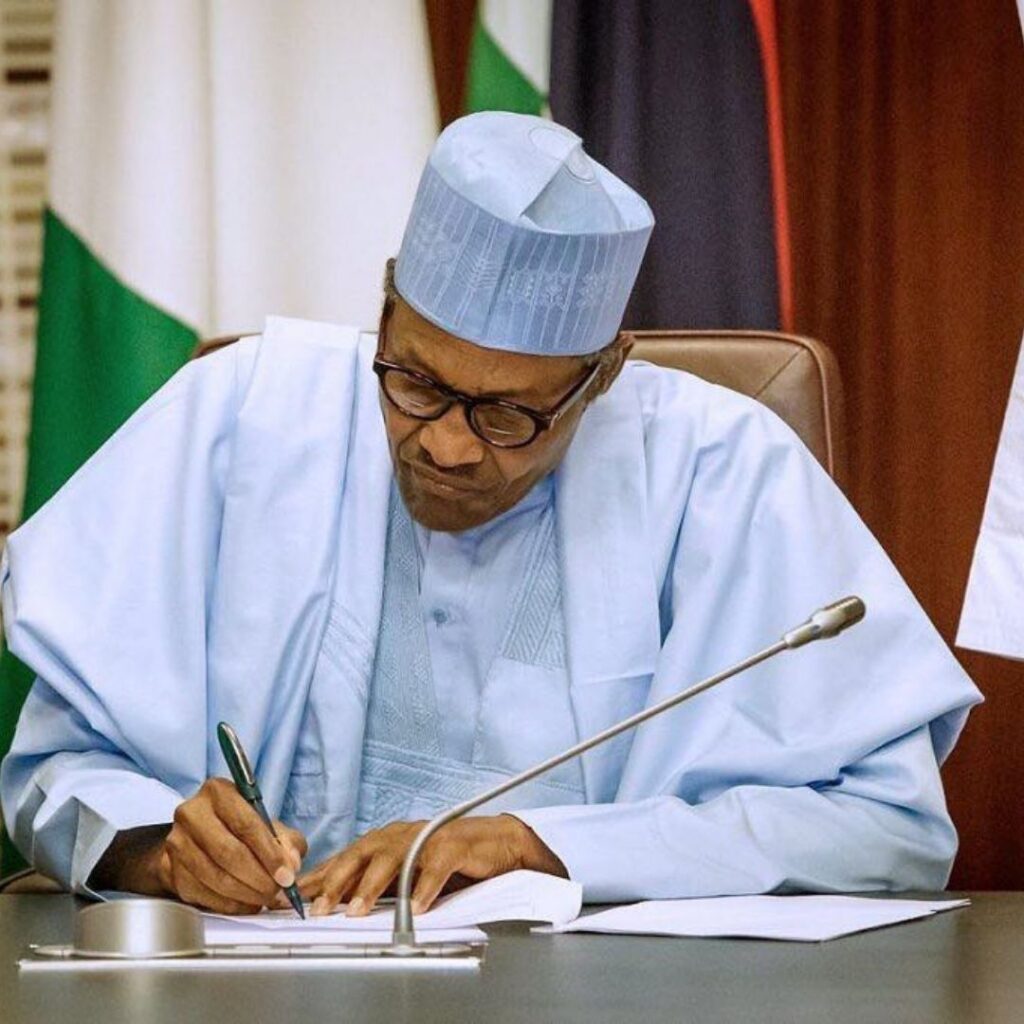
The Nigerian National Petroleum Corporation (NNPC) posted a revenue deficit of N1.29 trillion between January and September this year, latest data from the national oil company has shown.
Despite its projected gross annual revenue of N4.979 trillion in the current year, based on a monthly expected income of N414 billion, the corporation was only able to rake in N2.44 trillion during the period, it stated.

Although in the first nine months it had made a forecast of a gross income of N3.734 trillion, the NNPC in the months under review failed to hit the target in any of the months. However, it recorded its highest performance yet this year in September, when it grossed in over N400 billion.
In January, the corporation missed the mark by a wide margin, hitting only N195.62 billion out of the projected N414.9 billion for the month, while in February it further decreased to N191.19 billion.
Similarly, in March the NNPC grossed N224.58 billion; in April, it made a total of N156.36 billion; in the month of May, revenue amounted to N320.3 billion, while in June, NNPC’s gross income was N295.39 billion.
Also, in July , the NNPC more than halved its total projected income at N270.4 billion; did remarkably well in August by raking in N389.1 billion, while its best month yet was in September when a gross revenue of N400.446 billion was grossed in by the national oil company.
The improvement of the NNPC’s gross revenue in the last two months of August and September could be linked to the rising prices of crude oil which has climbed to a high of $86 for the year, up by over 60 per cent since January when it started picking up.
This, however, has not markedly translated to more revenue for the federation because a huge chunk of it goes to petrol subsidy payments despite the takeoff of the implementation of the Petroleum Industry Act (PIA) which ordinarily should ensure a free market regime.
In the same vein, the document showed that out of its cost recovery/cash call projection tagged T1/T2 for the year amounting to N2.72 trillion and an estimate of N1.55 trillion for the first nine months, the NNPC had recorded a negative variance of N724.2 billion as at the month of September.
The corporation in its statement of income and expenses had made a monthly forecast of N172.66 billion for the purpose in 2021, but was only able to meet its obligation to the tune of N82.2 billion in January; N79.5 billion in February; N87.5 billion in March; N75.8 billion in April and N124.33 billion in May.
In June, July and August, the NNPC was able to pay N56.6 billion; N70.4 billion and N104.5 billion respectively and fulfilled its obligation to the tune of N147.501 billion in September, but was still left with a huge deficit of N724.2 billion for the period under scrutiny.
As earlier reported by THISDAY, fuel subsidy for the nine months gulped N864 billion, while pipelines security consumed N34.8 billion, exceeding its projected N34.8 billion for the entire year by N12.59 billion as at the ninth month of the year.
The data indicated that only subsidy payment and pipelines security and maintenance obligations are the only items fully paid for among all the company’s obligations.
The national oil company which has been renamed NNPC Limited, has been beset by many challenges over the years, consistently making it unable to match its peers in other parts of the world.
Some of the most critical of the problems include oil theft, state-endorsed petrol subsidy payments, ageing infrastructure across the entire segment of the industry, especially the upstream, which has hampered its ability to meet its allocated production quota by the Organisation of Petroleum Exporting Countries (OPEC) for many months.
In October, the Group Managing Director of the group, Mallam Mele Kyari, had raised the alarm that a few Nigerians, he described as the elite, steal as much as 42.25 million barrels of the nation’s crude oil annually.
Speaking at a forum organised by the Nigerian Guild of Editors (NGE) in Abuja recently, he had blamed the elite, including politicians, for the continuous fuel importation and the bad state of the nation’s refineries, but said the corporation was taking a turn for the better since President Muhammadu Buhari made a decision not to interfere in the workings of the organisation.
“Today, as we all know, Nigeria is in an energy deficit. We import all our petroleum products. In the past several years, every attempt to salvage our refineries has ended up in one misfortune or another.
“While oil price is heading high and should have been a bumper harvest for the Nigerian ailing and hydrocarbon-dependent economy, importation of the finished product erodes necessary gains through use of foreign exchange earnings and payment of subsidy, which has risen to over N1 trillion in less than eight months that the scheme was introduced through the back door.
“Who steals crude oil? It is not the ordinary man in the village. It’s the elite of society, and it needs all of us to fight them. When we fight them, it is for survival of all of us,” he said.
The national oil company has lost over 42 million barrels to underproduction in all its assets in the Niger Delta which it operates alongside its Joint Venture (JV) partners in the last one year.

